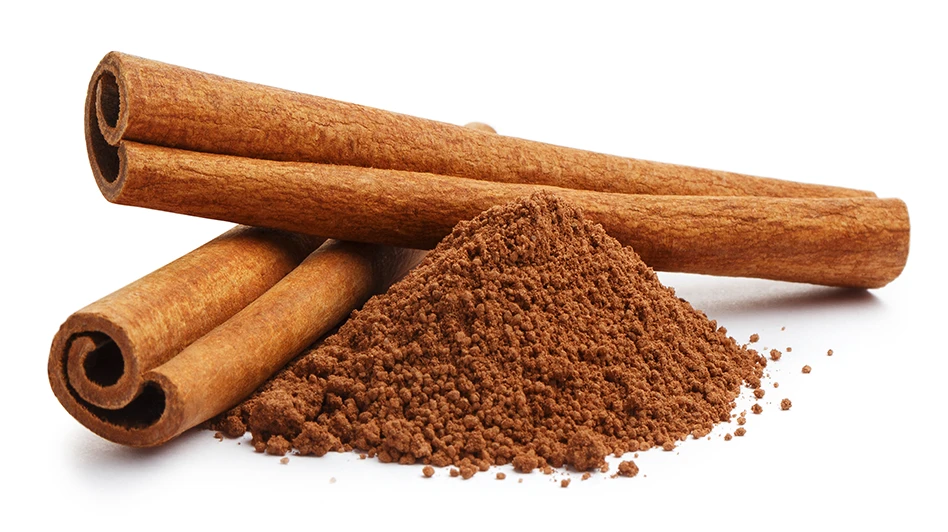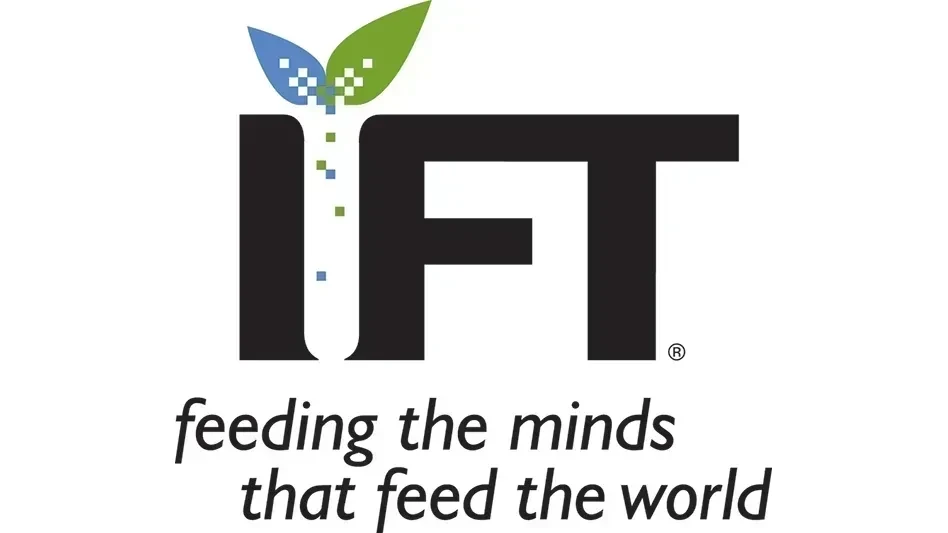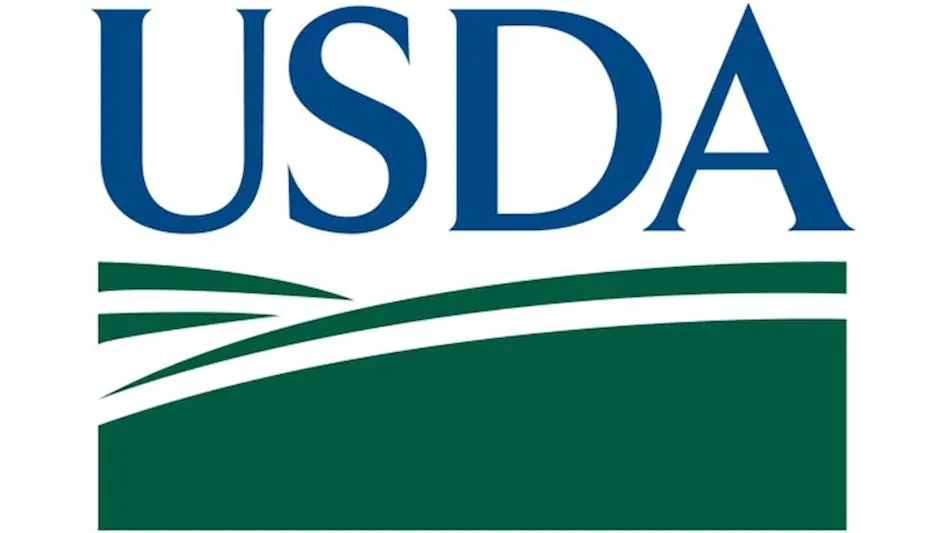
Adobe Stock | Yeti Studio
WASHINGTON, D.C. — The U.S. Food and Drug Administration (FDA) updated the advisory for the Investigation of Elevated Lead & Chromium Levels in Cinnamon Applesauce Pouches. After additional analysis of cinnamon collected from the applesauce manufacturer in Ecuador (Austrofoods), the FDA confirmed that the lead and chromium previously detected in the cinnamon are from lead chromate. The contaminated applesauce pouches caused in a lead poisoning outbreak in young children, sickening 90 in the U.S., according to the FDA.
Historically, lead chromate has been illegally added to certain spices to increase their weight and enhance their color, which increases the monetary value of the adulterated spices. The FDA’s leading hypothesis remains that this was likely an act of economically motivated adulteration.
The FDA is taking additional steps to address concerns about elevated lead levels in cinnamon. The agency sent a letter to all cinnamon manufacturers, processors, distributors and facility operators in the U.S., reminding them of the requirement to implement controls to prevent contamination from potential chemical hazards in food, including ground cinnamon products. The agency is also recommending the voluntary recall of certain ground cinnamon products sold by a number of brands at six different retail chains that were found to contain elevated levels of lead.
The agency notified the distributors and manufacturers of products found to contain elevated levels of lead and recommended that the manufacturers voluntarily recall these products because prolonged exposure to them may be unsafe. The products were identified during an FDA-initiated sampling and testing effort to assess cinnamon sold across numerous retail stores. No illnesses or adverse events have been reported to date related to the ground cinnamon products recalled, but the FDA is concerned that, because of the elevated lead levels in these products, continued and prolonged use of the products may be unsafe.
The FDA is advising consumers to throw away and not buy ground cinnamon products with the lot codes listed in its advisory. Consumers can find lot codes listed on the product’s label. The FDA is working with the firms to voluntarily recall the products, with the exception of the MTCI cinnamon. The FDA has been unable to reach MTCI to share its findings and requests that the company initiate a recall. The FDA will update its Safety Alert with new information as it becomes available.
The lead levels found in the ground cinnamon products listed above are significantly lower than lead levels in cinnamon in the recalled applesauce pouches, said the FDA. The products currently recommended for recall contain lead levels ranging from 2.03 to 3.4 parts per million (ppm) lead. The levels of lead in the ground cinnamon recommended for recall is approximately 2,000 ppm to nearly 5,000 ppm lower than the levels of lead associated with the cinnamon in recalled apple puree and applesauce products. Therefore, these ground cinnamon products do not pose the same level of risk to human health as the applesauce pouches but could be unsafe for prolonged use, said FDA.
“Today’s actions serve as a signal to industry that more needs to be done to prevent elevated levels of contaminants from entering our food supply,” said Deputy Commissioner for Human Foods Jim Jones. “Food growers, manufacturers, importers and retailers share a responsibility for ensuring the safety of the foods that reach store shelves. The levels of lead we found in some ground cinnamon products are too high, and we must do better to protect those most vulnerable to the negative health outcomes of exposure to elevated levels of lead.”
In the letter sent to the cinnamon industry today, the FDA reminds manufacturers, processors, distributors and facility operators to follow the requirements of the rule Current Good Manufacturing Practice, Hazard Analysis, and Risk-Based Preventive Controls for Human Food, including the requirement to consider chemical hazards that may be present in foods when conducting hazard analyses required by this rule. While the agency continues to emphasize the importance of the cinnamon industry’s responsibility to take measures to prevent potential chemical hazards in its products, the letter to industry and recent recalls highlight how the FDA will request the removal of unsafe cinnamon products from the market.
As part of Closer to Zero, the FDA continues to pursue additional authorities from Congress to require manufacturers to test ingredients or final products marketed for consumption by infants and young children for contaminants before products enter the U.S. market. Under current federal law, there is no explicit requirement for manufacturers to conduct such testing. The President’s FY2024 Budget contains legislative proposals to explicitly require industry to conduct this testing, maintain testing results for FDA inspection and provide the FDA remote access to test results. Having such requirements would help the FDA understand levels of contaminants in foods, allow the FDA to monitor industry progress in reducing levels over time and identify where the FDA should devote more time and resources. In addition, such requirements may prevent products with elevated lead levels from entering the U.S. market in the first instance.
The FDA and industry share a common goal of ensuring the safety of food, but more can and must be done, said the FDA. Until these additional authorities are granted, the FDA said it will continue using all currently available tools to conduct additional sampling and testing of foods with known hazards, including cinnamon and cinnamon-containing foods consumed by babies and young children, and looking at samples collected both domestically and at import.
Latest from Quality Assurance & Food Safety
- Multistate E. coli Outbreak Linked to Iceberg and Romaine Lettuce Blend
- FDA, USDA Seek Information About Food Date Labeling
- William Marler, Food Safety Advocate and Lawyer, Condemns Lack of Safety of U.S. Food Supply
- AFDO Infographics Illustrate State-Level Impact of FDA’s Proposed Budget Cuts
- Multistate Outbreak of Salmonella Typhimurium Linked to Cucumbers
- USDA Begins National Milk Testing Strategy to Address H5N1 in Dairy Herds
- USDA Announces Grain Inspection Advisory Committee Appointments
- Eagle Product Inspection Highlights FA3/M Fat Analysis Machine for Meat Inspection





